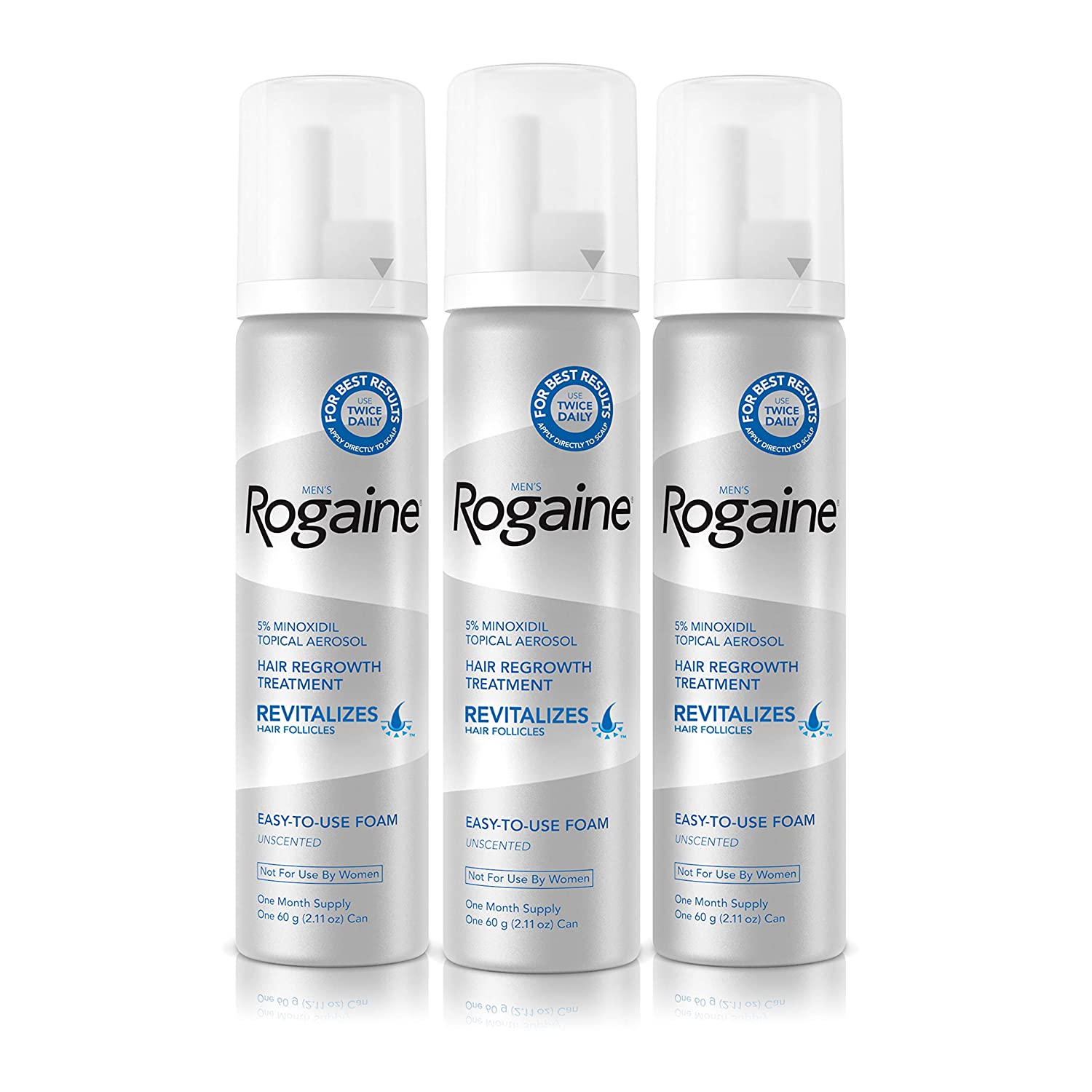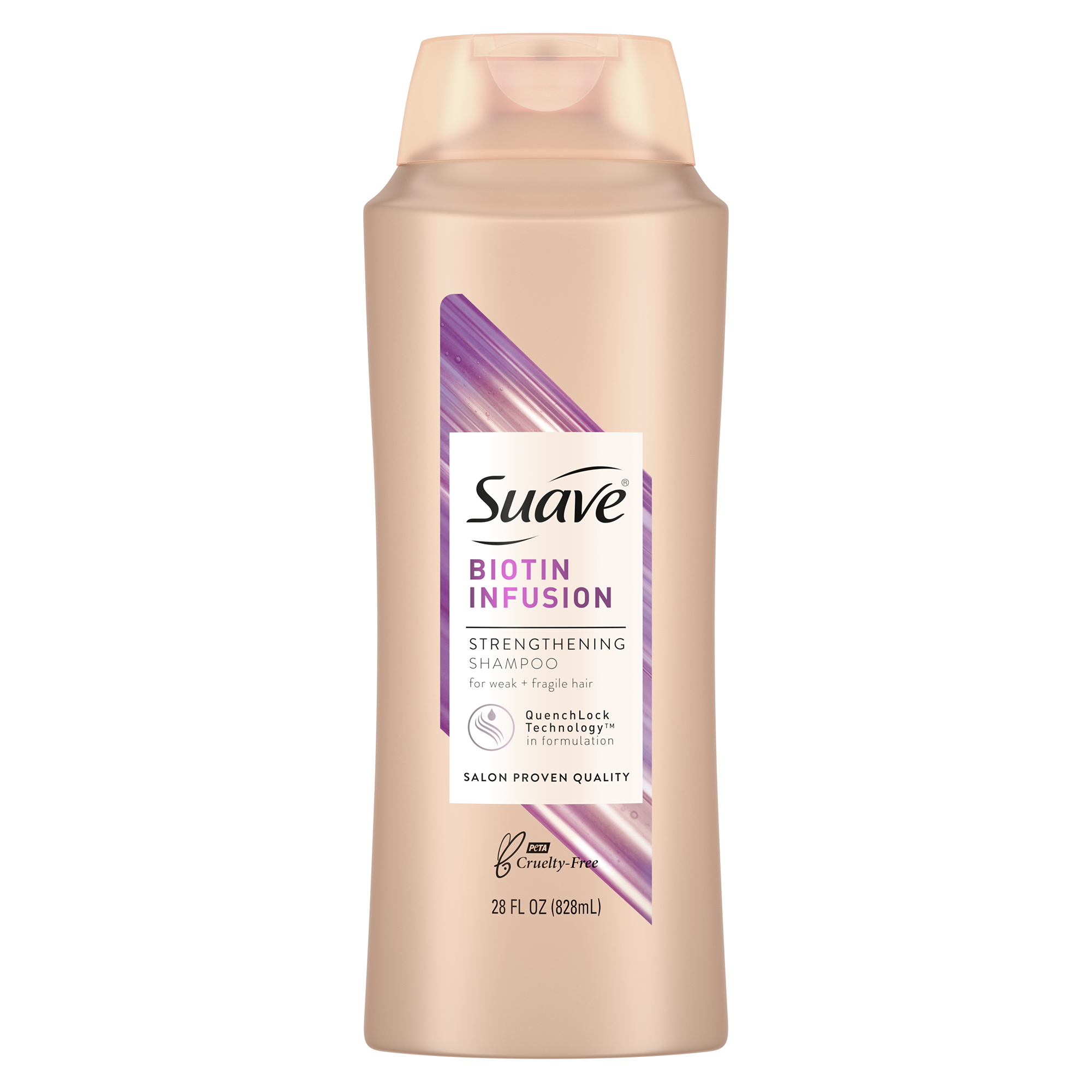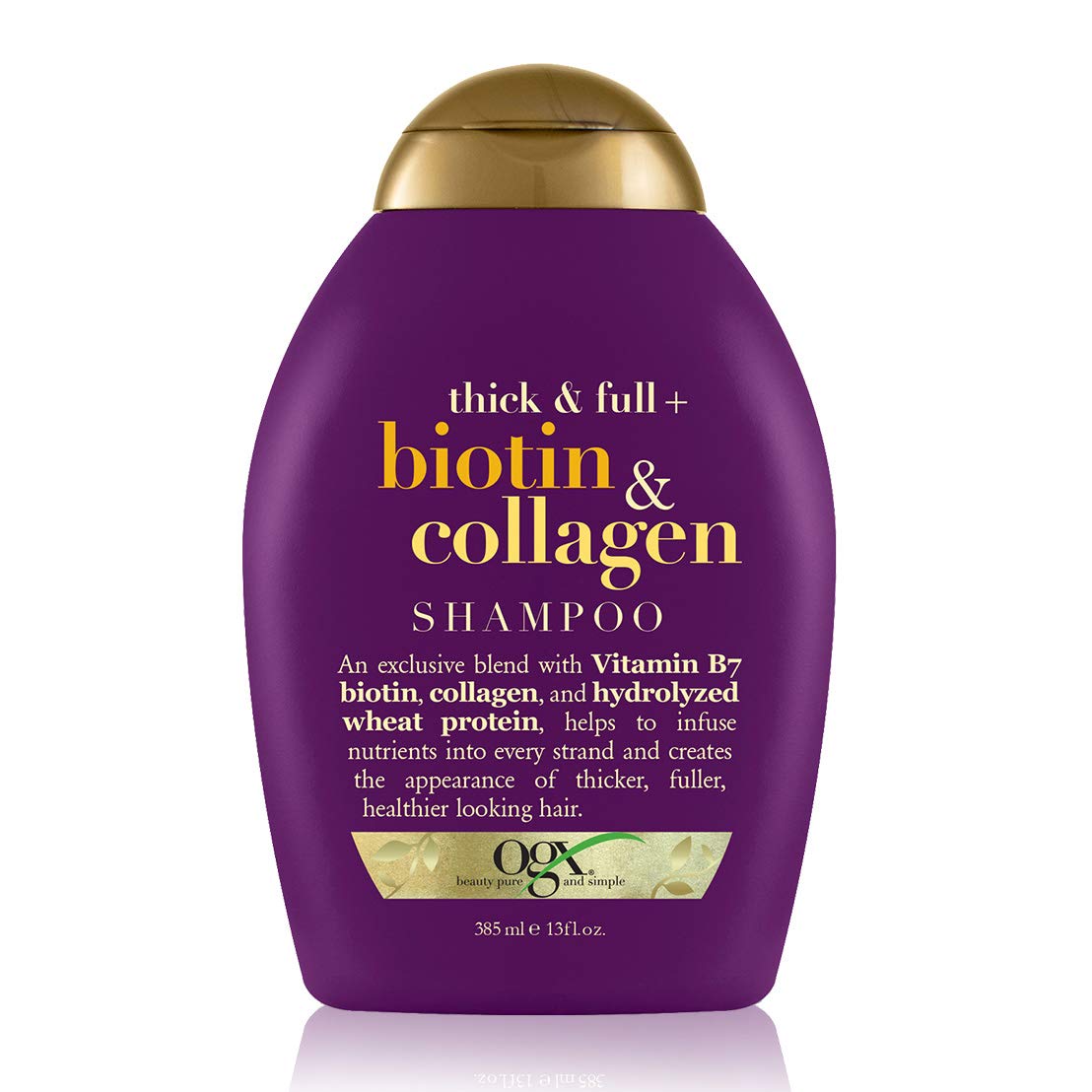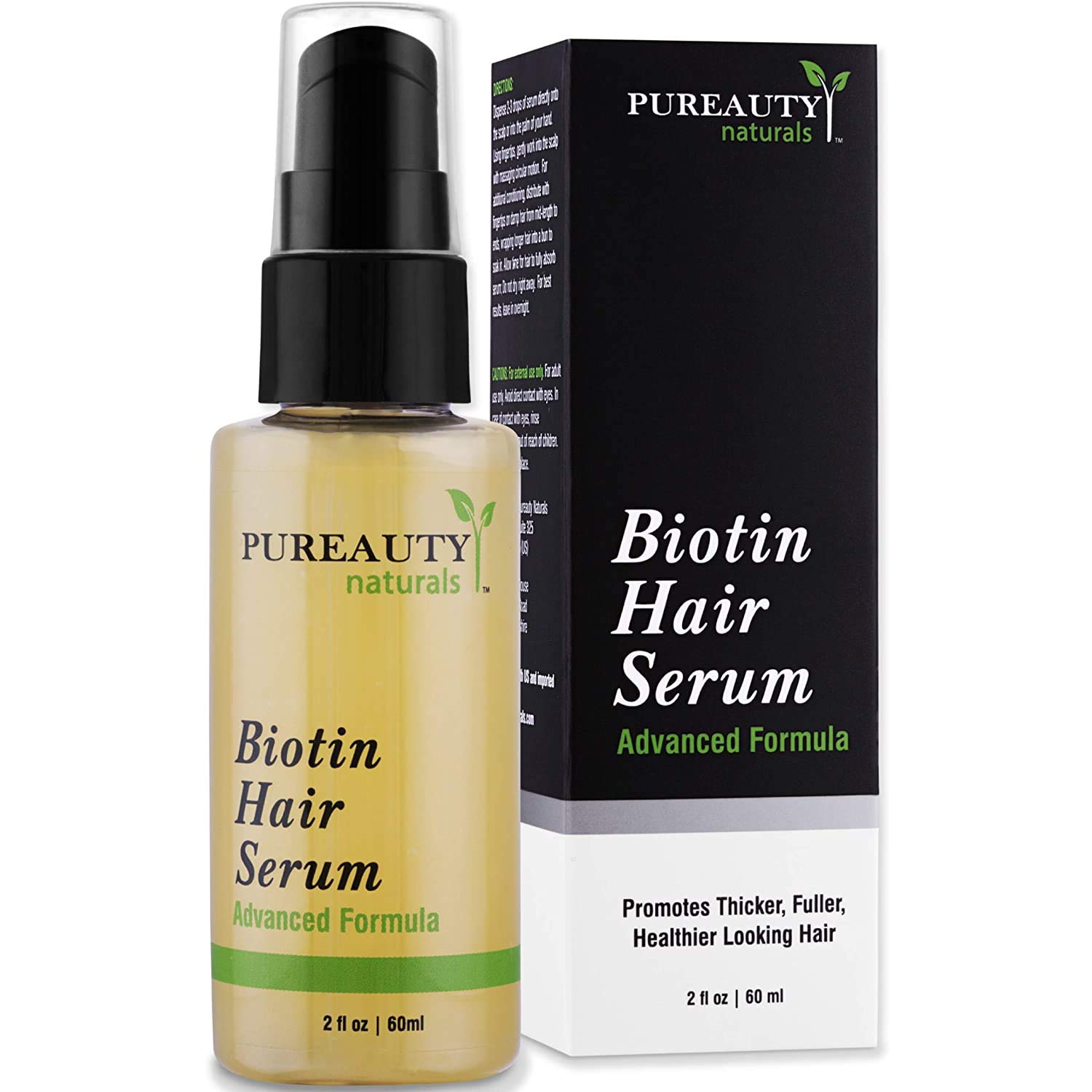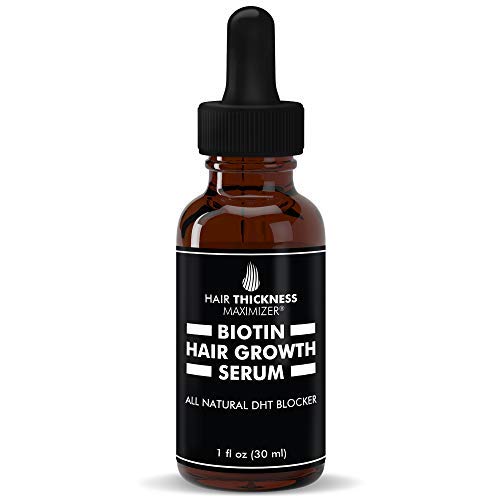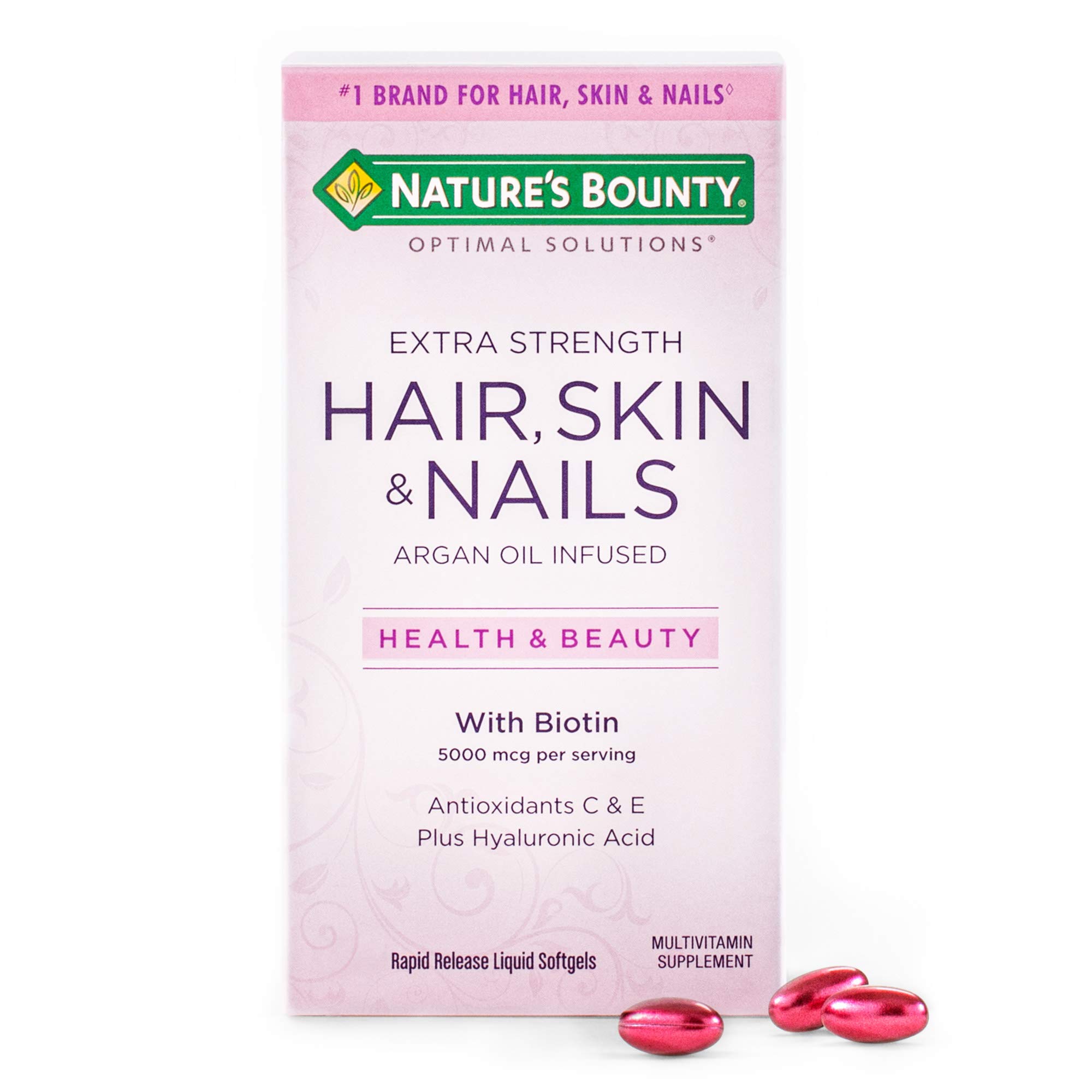3 Experts Reveal the Honest Truth About Biotin for Hair Growth
While there are myriad treatments for hair loss and thinning available now—including both over-the-counter and professional in-office solutions—biotin, also known as B7 and vitamin H, has long been touted as one of the key supplements for hair regrowth. Over time, however, as more scientific research has been done, the question of whether biotin actually has any effect on hair loss and regrowth has been raised. Now that we have newer innovations at our fingertips, such as low-light laser devices, supplements like Nutrafol, and platelet-rich plasma (PRP), it’s easy to understand how the efficacy of older treatments can be called into question. In fact, nowadays, most experts, including both certified trichologists and board-certified dermatologists, are much more likely to recommend the aforementioned, modern remedies to their patients with hair loss because of the lack of evidence there is to support biotin’s aid in regrowth. But more on that later.
First, we’re going to dive into the basics, including what biotin actually is and the role that it plays in our bodies. Plus, we’ll cover what can happen if your body is deficient in it. To learn more about biotin and its impact on hair, we tapped several experts for their professional insight on the matter, and boy, did they drop some truth bombs.
Herein, with the help of experts, you’ll get the lowdown on biotin for hair growth and what you need to know before investing your time and money in biotin-based supplements to treat thinning. Without further ado, keep scrolling to read more about what biotin is, how it interacts in the body, potential side effects, and more.
What is biotin?
As board-certified dermatologist Joshua Zeichner, MD, explains, biotin is a B complex vitamin that’s thought to be involved in hair and nail growth. You can find biotin in a wide variety of foods—from chicken, eggs, seafood, soy products, and seeds to beans, peas, lentils, and many nuts. According to Mount Sinai dermatology, biotin is needed in order to metabolize carbohydrates, fats, and amino acids, which are the building blocks of protein.
Like all B vitamins, biotin is water-soluble, meaning that the body doesn’t store it on its own, so if you’re not getting enough of it in your diet, it is possible to become deficient, though it’s rare.
“Healthy people are able to receive the daily required intake of biotin from their food,” explains Florida-based certified trichologist Bridgette Hill. “If the body is biotin deficient, the suggested daily intake would be 30 mcg for an adult female or male.”
What role does biotin play in hair growth?
While biotin has been popular for quite some time now, it’s simply not the hair-loss cure-all that so many supplement companies make it out to be. Take it from board-certified cosmetic dermatologist Robert Finney, MD, who sees patients struggling with hair loss every single day. “It’s true that biotin is essential for hair growth, amongst other things, but it’s also true that biotin deficiency is extremely rare, especially in the U.S., and as a hair-loss expert, I still have yet to see a case where biotin deficiency is the cause,” he says matter-of-factly. “The bacteria in our GI tracts actually produce biotin that we absorb, and it is found in many foods.” For this reason, Finney says biotin deficiencies are extremely rare. “If biotin is truly deficient, then it would affect all hair on the scalp, not just the hairline or part,” he adds.
Hill adds that the exact role that biotin has in forming hair is unknown. “It is believed to carry carbon dioxide from the cells and aids in ATP, the molecule that fuels energy to cells,” she says. “It can only impact hair follicular health if there is an existing biotin deficiency though.”
What forms of biotin are available?
Biotin is most commonly found in supplements marketed for hair and nail growth, though you can now find the believed thinning solution in everything from shampoos, conditioners, and leave-in products to topical treatments for the scalp. “Biotin is being incorporated as an ingredient in many haircare products,” says Zeichner. “While the benefits of topical biotin are unclear, there is no downside to using it.”
What are some more effective alternatives to biotin?
If you got the green light that you’re not deficient in biotin (this can easily be determined by your doctor via some basic blood work), but you’re experiencing hair loss, then you should definitely consider a different treatment plan. Of the many there are available now, Zeichner commonly recommends Rogaine’s 5% Minoxidil Foam, supplements like Nutrafol, red light therapy, platelet-rich plasma, and in some cases, even hair transplants.
Does biotin have any side effects?
As Zeichner said, there shouldn’t be any downsides or negative effects when it comes to using topical biotin, so go ahead and continue using your biotin-infused shampoo or conditioner. (Suave’s Biotin Infusion line and Ogx’s Thick & Full Biotin and Collagen Volumizing Shampoo are both fan favorites.)
As for ingesting biotin, Finney notes that it can be potentially harmful if you take too much. “There are studies that show that excessive intake of biotin can interfere with blood monitoring of your thyroid levels and heart attack markers,” he says. “This means people taking really high doses of biotin who are getting tested for thyroid function could see false low values of thyroid hormone, and this is an issue, especially because thyroid function can impact hair.”
Suffice it to say, always talk to your doctor before starting a biotin supplement—especially, that is, if you’re getting your thyroid tested or take different medications.
What’s the most common myth about biotin?
To put it simply, the most common misconception about biotin is that it can significantly improve thinning or balding. As the experts quoted above all explain, there’s just not enough data available to support that the vitamin can really aid in hair regrowth. “It’s a complete myth that biotin is a good treatment for most causes of hair loss,” says Finney. “And while there are many hair, skin, and nail vitamins that have very high doses of biotin, there is ultimately no scientific evidence that this helps treat hair loss.”
Well, there you have it, folks. If you’re struggling with thinning or balding, definitely see an expert who can help you devise a plan to treat it, rather than shelling out your rent money on biotin supplements. You’ll thank yourself later.
Other Biotin Products We Love
Other Biotin Products We Love



